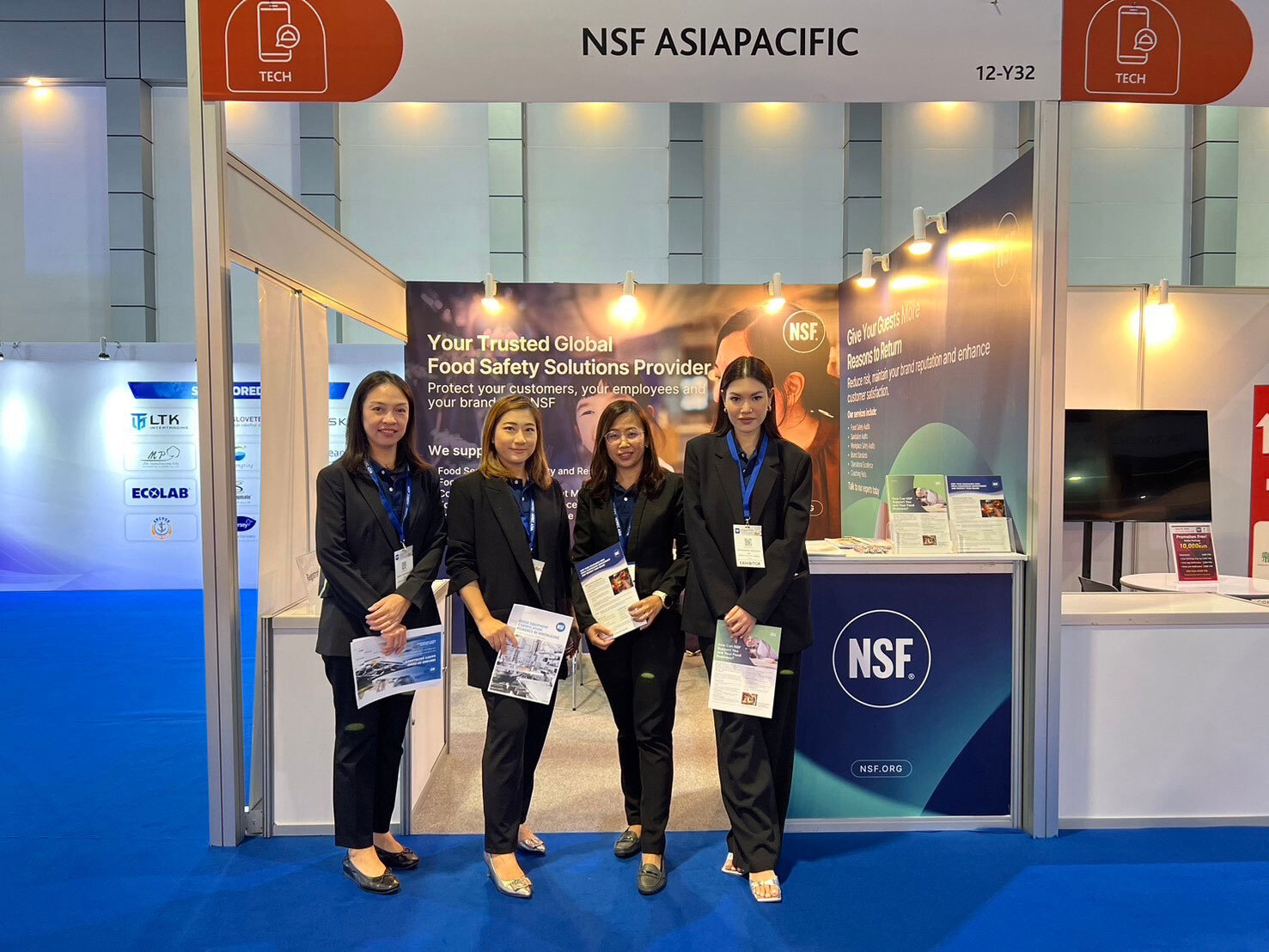July 2023 Pharma News Update

This month’s biggest news story related to the release of the FDAs annual ‘State of Pharmaceutical Quality’ report. The annual report looks at issues such as product recalls, import alerts, and warning letters. We also look at the implementation of the Windsor Framework in Europe, and good industry practice for preventing supply chain shortages in Europe.
FY22 Report on State of Pharmaceutical Quality
This report was published on 20 June 2023 and provides data and insight over the FDA’s financial year 2022 (1 October 2021 to 30 September 2022).
During FY22 FDA’s surveillance inspections tripled, though travel restrictions continued to pose challenges. Remote regulatory assessments of facilities were made possible by tools such as records requests and mutual recognition agreements with other trusted global regulators.
The report shows that FDA continues to carefully monitor supply chains for the 227 drug and biological products that are ‘essential medicines’ (EM) and that the supply of these medicines is heavily dependent on inputs from foreign manufacturers.
FY22 Report Highlights:
Import Alerts: the report shows that FDA issued twenty-eight import alerts to sites for reasons related to drug quality.
Recalls: in FY2022, 166 sites generated 912 recalls, the highest number of recalls in five years
Warning Letters: FDA issued 72 CGMP-related warning letters to pharmaceutical manufacturing sites in FY2022. Most of the sites that received warning letters (68%) were finished dosage form (FDF) manufacturers of non-sterile, non-application products, even though these sites represented only 30% of FY2022 inspections.
Cited cGMP Issues: The most cited FY2022 cGMP issues by FDA across all warning letters were related to the quality control unit, production record review/investigations, written procedures/deviations, equipment cleaning and maintenance, and testing/ release.
New Inspection Protocol Project (NIPP)
NIPP is modernizing FDA’s inspections program by improving how data from surveillance and pre-approval inspections are recorded, assessed, and reported. In FY2022, NIPP evolved by enhancing the inspection protocols (for sterile and non-sterile manufacturing) based on investigator feedback. The non-sterile protocols provide coverage for multiple dosage forms including tablets, capsules, creams, ointments, solutions, suspensions, and transdermal delivery systems.
Quality Management Maturity (QMM)
CDER continued its development of a QMM program for sites to promote the availability of high-quality drugs. CDER collaborated with Dun & Bradstreet and the University of St. Gallen to publish in October 2022 the results of a study on Benchmarking the Quality Practices of Global Pharmaceutical Manufacturing to Advance Supply Chain Resilience.
In November 2022, CDER presented the merits of a QMM program before the Pharmaceutical Science and Clinical Pharmacology (PSCP) Advisory Committee and received unanimous (9-0) support for establishment of a QMM program. CDER’s proposed framework for a QMM program includes five practice areas:
- management commitment to quality
- business continuity
- technical excellence
- advanced pharmaceutical quality system
- employee engagement.
Medicines Supply to Northern Ireland – Implementation of the ’Windsor Framework
It now seems virtually certain that the changes to the supply of medicines from Great Britain (GB) to Northern Ireland (NI) agreed between the EU and the UK in February’s ‘Windsor Framework’ will be implemented on 1 January 2025. When implemented this agreement will change the status of medicines in Northern Ireland (NI) as follows:
- UK rather than EU legislation will apply to Northern Ireland
- MHRA will approve medicines for the whole UK market. This means that all product approvals granted by the MHRA will automatically be valid in Northern Ireland and that pharmaceutical companies will be able to produce a single pack valid across all four constituent countries of the UK
- The Falsified Medicines Directive provisions for medicines in NI to have safety features, such as serialisation, will NOT apply anymore. However, packs exported to NI will need to be labelled “for UK only.” These products will only be able to be sold in the UK, and will not be available on the market in Ireland, or elsewhere in the EU.
- New innovative medicines, which in the EU would have to be assessed under the centralised procedures, will be approved under the UK regulatory system rather than managed by European Medicines Agency
EU implementation actions
A new EU Regulation to implement the Windsor framework for medicines was approved by the European Parliament on 9 May 2023 and by the Council of the EU 22 May 2023. It only remains to be published in the Official Journal to enter into force.
The new Regulation will apply from 1 January 2025, if the UK has provided the required guarantees. However, if those guarantees are given before or after 1 January 2025, the regulation will apply from the first day of the month following the month during which the UK has provided the guarantees.
UK implementation actions
Whilst we do not yet have the text of a new or amending regulation, which will be published as a Statutory Instrument (SI), on 9 June the MHRA published guidance that confirms the implementation date of 1 January 2025 and covering the transition period between now and then. This transitional guidance is as follows:
- ‘UK only’ labels may be placed anywhere on a medicine pack. This label will need to follow MHRA guidance on labelling.
- MHRA will continue to allow manufacturers to supply medicines in legacy EU packaging until 31 December 2024. This extends the previous 31 December 2023 deadline requiring medicines for GB to be presented in GB compliant packaging by the end of 2023 by one year.
- Packs in existing packaging already on the UK market, and within the supply chain, may remain until the date of their expiry.
- UK-based suppliers or distributors of medicines should prepare for different packaging for medicines to be supplied to UK and EU markets from 1 January 2025. Comprehensive guidance on the requirements for medicines to be placed on the market in NI will be provided in due course. This will include formal guidance covering labelling requirements and authorisations from the MHRA.
- In advance of these new arrangements taking effect, the Northern Ireland MHRA Authorised Route (NIMAR) will continue to function to support the supply of medicines into Northern Ireland.
- The introduction of a ‘bridging mechanism’ to allow companies to supply NI with medicines that subject to the EU Centrally Authorised Procedure for up to 6 months when the MHRA licenses a product before the European Medicines Agency (EMA). This guidance includes a helpful flow diagram, see attached, and the guidance is at https://www.gov.uk/government/publications/centrally-authorised-products-caps-bridging-mechanism/centrally-authorised-products-caps-bridging-mechanism. This mechanism is permitted by EU Directive 2022/642.
EU Good Industry Practice for Preventing Shortages
In May 2023, the EMA, and the Heads of Medicines Agencies (HMA) jointly published a document titled “Good practices for industry for the prevention of human medicinal product shortages” (although the document is dated 28 February 2023). This document lists ten proposed best practice recommendations for shortage prevention, which are:
- MAHs, manufacturers and wholesalers, should notify the National Competent Authority of a potential or actual shortage as soon as possible in advance of any shortage.
- Increase transparency relating to shortage information.
- MAHs should increase the accuracy of notification detail provided
- MAHs, manufacturers and wholesalers, should each have a shortage prevention plan specific to their role.
- MAHs, manufacturers and wholesalers should each have a shortage management plan to respond to issues resulting in shortages.
- Optimise pharmaceutical quality systems to strengthen the reliability and resilience of supply chains throughout the lifecycle of a medicine
- Increase resilience in the supply chain, considering known vulnerabilities
- Improve communication between stakeholders
- Promote fair and equitable distribution to meet the needs of patients
- Take appropriate steps to minimise the risk of parallel trade or export exacerbating shortages
Some of these recommendations are in the proposed new legislation for human medicines.
This document can be found on-line here.
Get in Touch
Contact us today to talk to one of our pharmaceutical or biotech experts.
Subscribe To Our Monthly Newsletters
Complete your details below to receive the newsletter.
Resources

NSF Pharma Biotech Training

Pharma and Biotech Support
Share this Article
How NSF Can Help You
Get in touch to find out how we can help you and your business thrive.

What’s New with NSF

NSF Shanghai Named Critical Site for NSF/ANSI 455 and NSF/ANSI 173 by ANSI National Accreditation Board
July 26, 2024
NSF Takes Center Stage at NEHA Annual Education Conference
July 25, 2024
NSF Asia Pacific Showcases Hospitality Solutions at THAIFEX HOREC Asia 2024 in Bangkok, Thailand
July 4, 2024